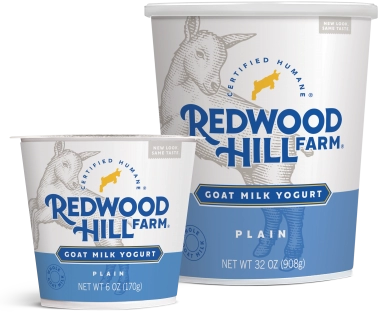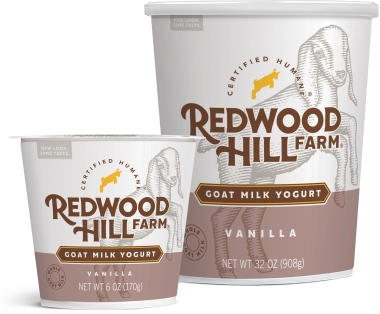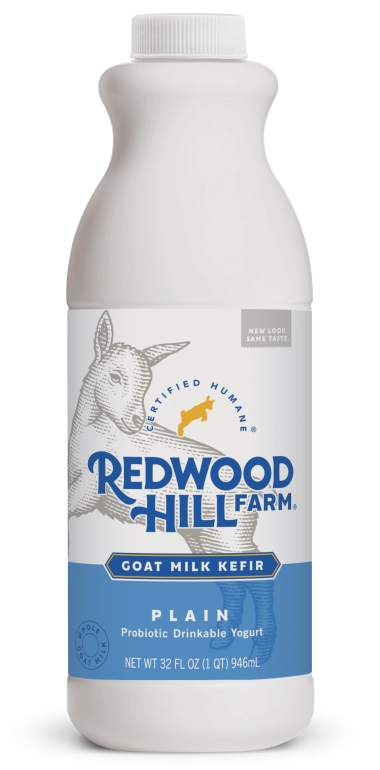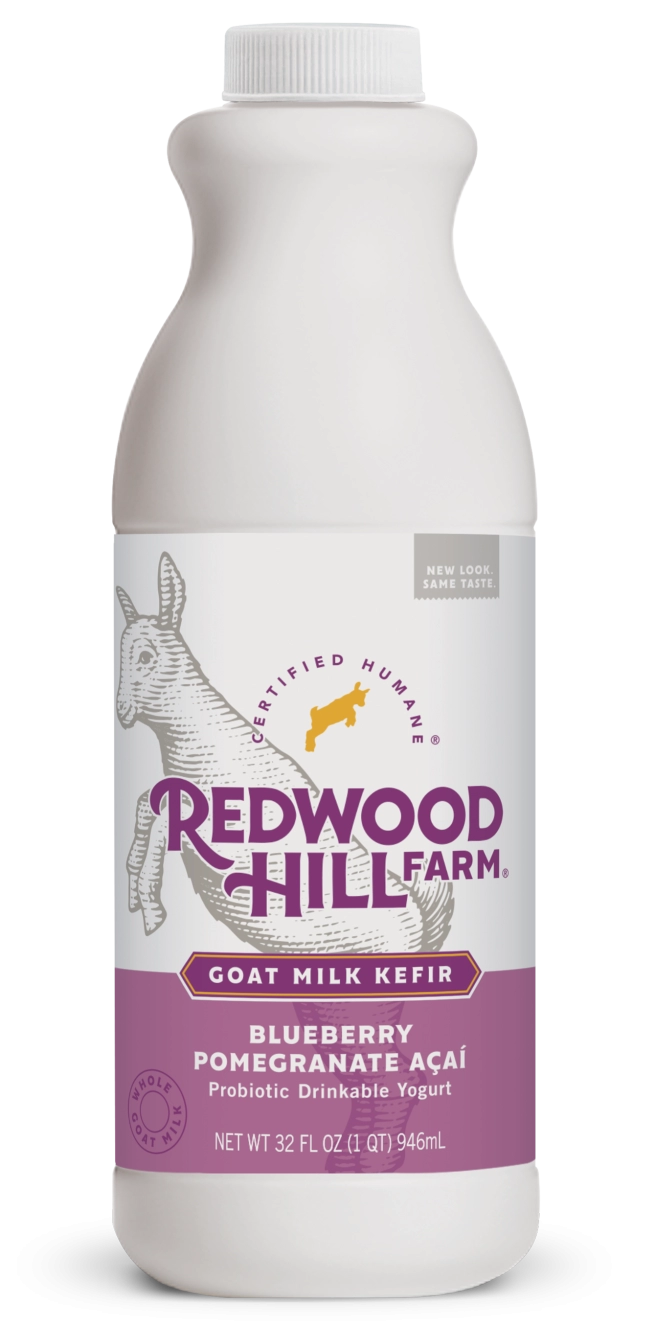
ALPINES
Alpine dairy goats were first imported to the United States in 1922 from the Massif Central of eastern France. They came directly to Northern California and since then have become the mainstay of dairies. Their rugged vitality and adaptability enables them to thrive and produce for many years. They have upright ears and sport a variety of hair color, often in patterns.
LAMANCHAS
LaManchas are often referred to as the breed made in America. They are descended from Spanish varieties of dairy goats that accompanied the friars as early mission settlements were established up the El Camino Real. Officially recognized as a distinct breed in the late 1950s, their short ears make them unique in the dairy goat world. They can hear just fine, but lack external ear cartilage. They are the most personable of dairy goats and extraordinarily inquisitive.

NUBIANS
Nubians have the most distinctive facial profile of all dairy goat breeds. Their convex Roman noses are complemented by long bell-shaped drooping ears. Nubians were developed as a dairy breed in England during the late 1800s by crossing native milking does to bucks from Africa and India who possessed the unique head characteristics. Traditionally, Nubians have been the singular most popular breed of dairy goat in the United States. They come in a wide variety of colors—even black with white spots.
 SAANENS
SAANENS
Saanens were among the first dairy goat breeds imported to the United States in 1904. They originated in the Saanen Valley of southeast Switzerland. They are often referred to as the “Holstein” of the dairy goat world and are the most widely distributed breed on the planet. They are a color-set breed, meaning simply they must be white or light cream only. They have upright ears. Their generous size, placid temperament and consistently high production make them ideal for dairy purposes.
If you are interested in purchasing a dairy goat, please visit redwoodhillfarm.org.



